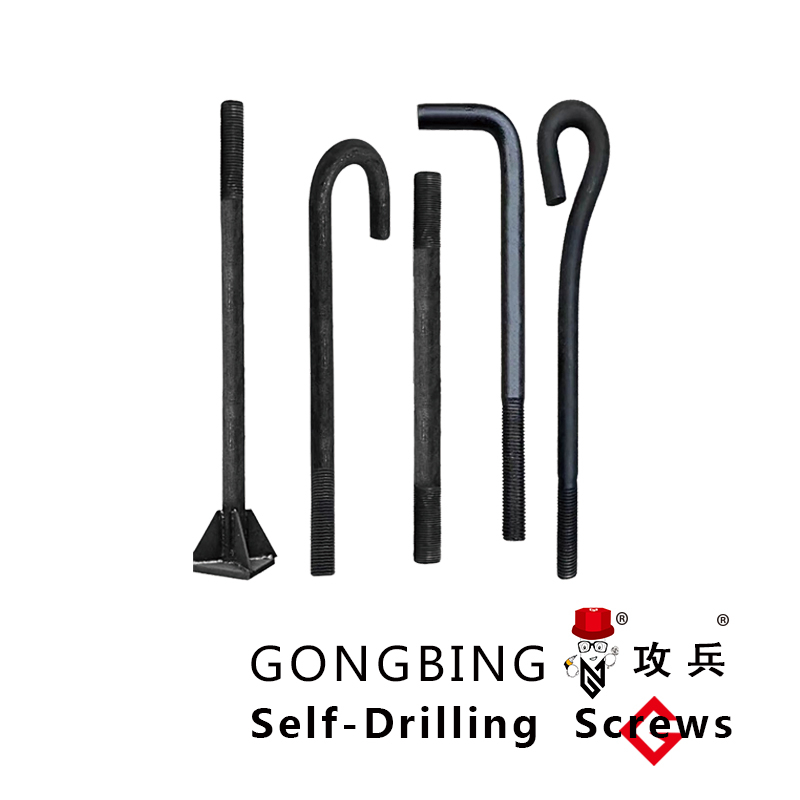foundation j bolts specification
Foundation J Bolts Specification
Foundation J bolts are critical components in construction, providing essential anchorage for structures such as buildings, towers, and bridges. Their design and specifications ensure that they can sustain the loads and stresses imposed by the constructions they support. Proper understanding of the specifications related to J bolts is crucial for engineers and builders to ensure structural integrity and safety.
Design and Material Specifications
Typically, J bolts are made from high-strength steel to withstand significant tensile and shear forces. The American Society for Testing and Materials (ASTM) provides standards for the material properties of these bolts, including yield strength, tensile strength, and corrosion resistance. Common grades include ASTM A307 for general use and ASTM A325 or A490 for higher strength applications. Depending on environmental conditions, it may also be necessary to consider galvanized or stainless steel finishes to prevent corrosion.
Dimensions
The specification for J bolts includes specific dimensions. The diameter of the bolt, typically ranging from 1/2 inch to 1 inch, directly influences its load-carrying capacity. The length of the bolt varies based on the design requirements and the thickness of the base material it is anchoring into. The bend of the J shape should be consistent and uniform to ensure proper embedment and load distribution.
foundation j bolts specification

Installation Guidelines
When installing J bolts, adherence to proper spacing and embedment depth is paramount. The bolts should be positioned in a way that aligns with the structural or foundation design. Recommendations generally suggest minimum embedment of 7-10 times the bolt diameter into concrete for optimal performance. Moreover, the installation process should ensure that the bolts are adequately cleaned and free from debris to promote strong bonding with the concrete.
Testing and Quality Control
Quality control is essential in the manufacturing and installation of J bolts. Regular inspections and testing, such as tensile tests and hardness tests, help verify compliance with specifications. Load testing can also be performed to ascertain that the bolts can handle the intended loads without failure.
In conclusion, understanding the specifications for foundation J bolts, including material properties, dimensions, installation guidelines, and quality control measures, is crucial for successful construction projects. Proper specification and adherence to standards ensure enhanced safety and durability in structural applications.
-
Weatherproof Plastic Expansion Anchors for OutdoorNewsJun.06,2025
-
Sustainability in the Supply Chain: Eco-Friendly TEK Screws ProductionNewsJun.06,2025
-
Load-Bearing Capacity of External Insulation FixingsNewsJun.06,2025
-
Double Head Bolts: Enhancing Efficiency in Industrial MachineryNewsJun.06,2025
-
Corrosion Resistance in Chipboard Screws: Coatings for Wholesale DurabilityNewsJun.06,2025
-
Butterfly Toggle Bolts : Enhancing Structural ResilienceNewsJun.06,2025
